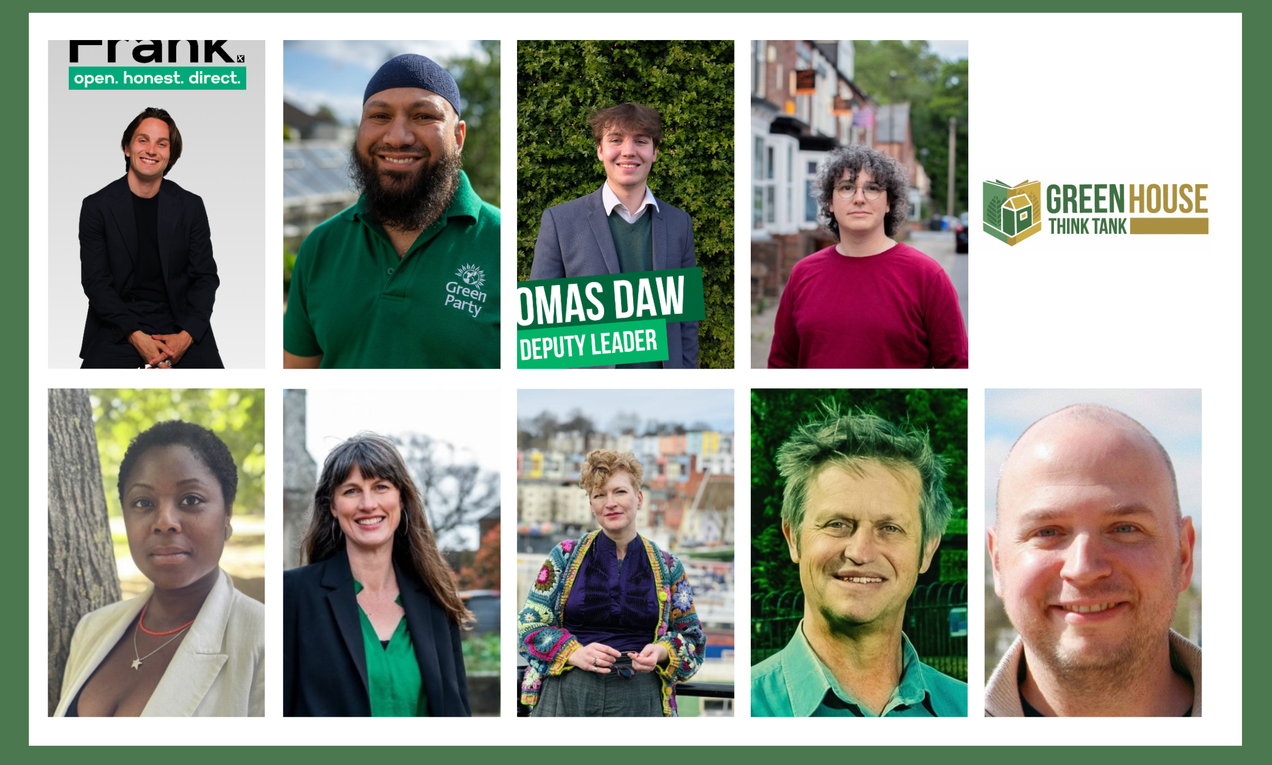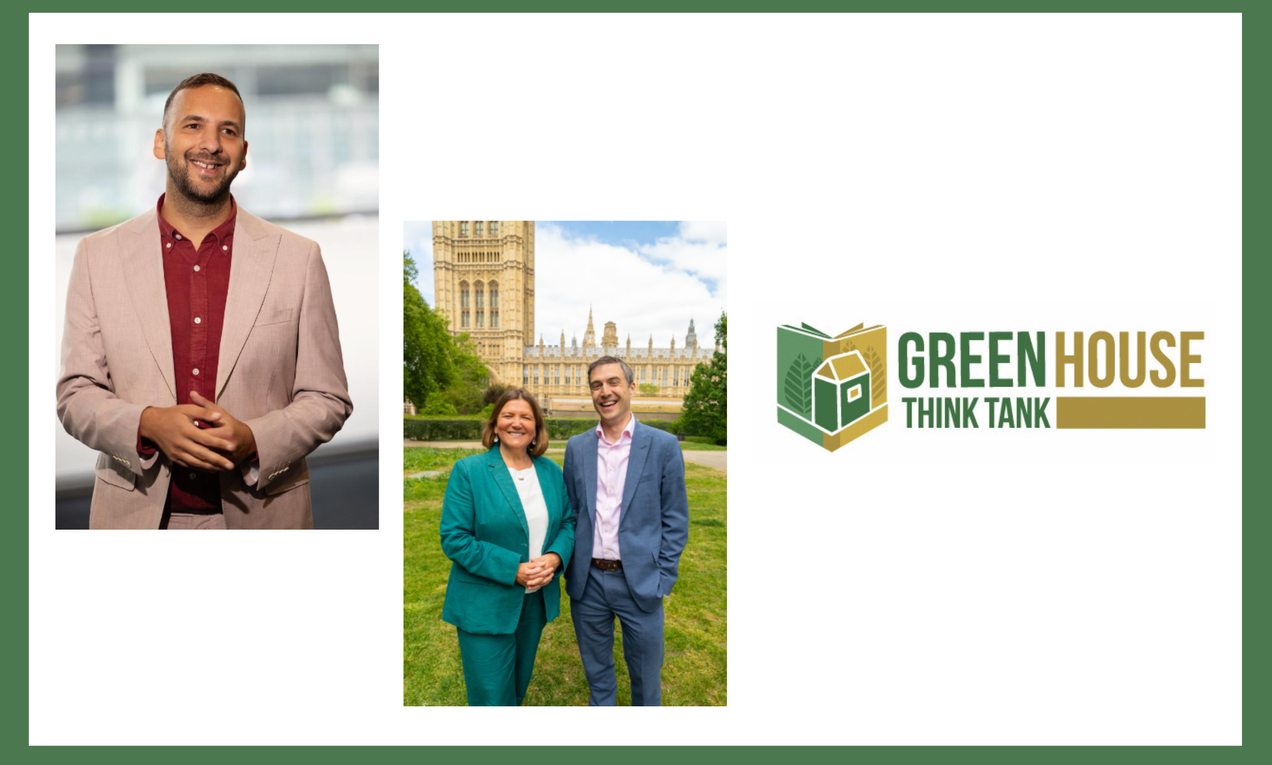
What would a UK climate emergency plan that faces up to climate reality look like?
This report sets out thoughts and ideas that started with a collective Green House discussion, and draws on different perspectives from our Climate Emergency conference held in September 2019. It explores how an emergency plan for the whole economy requires a shift in approach and thinking.
There have been lots of recent declarations of climate emergency in the UK but not yet an economy-wide plan that responds to the climate crisis in line with the climate science, as such declarations have called for. Existing government plans are mainly local or focus on technological changes, including those not yet proven at scale. The gaps between the climate science, political statements and economic policies and funding, and the actual levels of change required are huge. So where to begin?
This report explores how an emergency plan for the whole economy requires a shift in approach and thinking. One aspect that makes this different from most current plans is planning for zero carbon consumption, not just emissions that occur within the UK itself, which means the plan must confront our increasingly globally connected economic strategy. This must reach beyond how to eliminate fossil fuels from our future energy supply to immediately scaling down demand and completely decarbonising or phasing out all high-carbon industries and activities (e.g. blast furnace steel production, concrete, bricks, aviation and long-distance shipping). Thus a climate emergency plan will rethink our scale of transport and trade, reconnect us to the land and localise our economies.
Transforming all sectors (not just energy supply), our economics, politics and culture as well as technologies and infrastructure choices requires a different sort of planning too. How might we collectively relearn, reimagine and take on the different roles in recreating our future together? So the planning process cannot be a bureaucratic or expert-owned blueprint but an inspiring and engaging process that is nested, adaptive and people-led. It must prioritise quality of life in place of orthodox economic growth as measured by GDP, just like we have done during the Covid-19 pandemic lockdowns.
This report sets out some of the ingredients needed for climate emergency planning that does not just accept the severity of the climate science but reflects this in sufficiently honest and courageous responses. But above all these responses require us all to play our part. Starting now.



